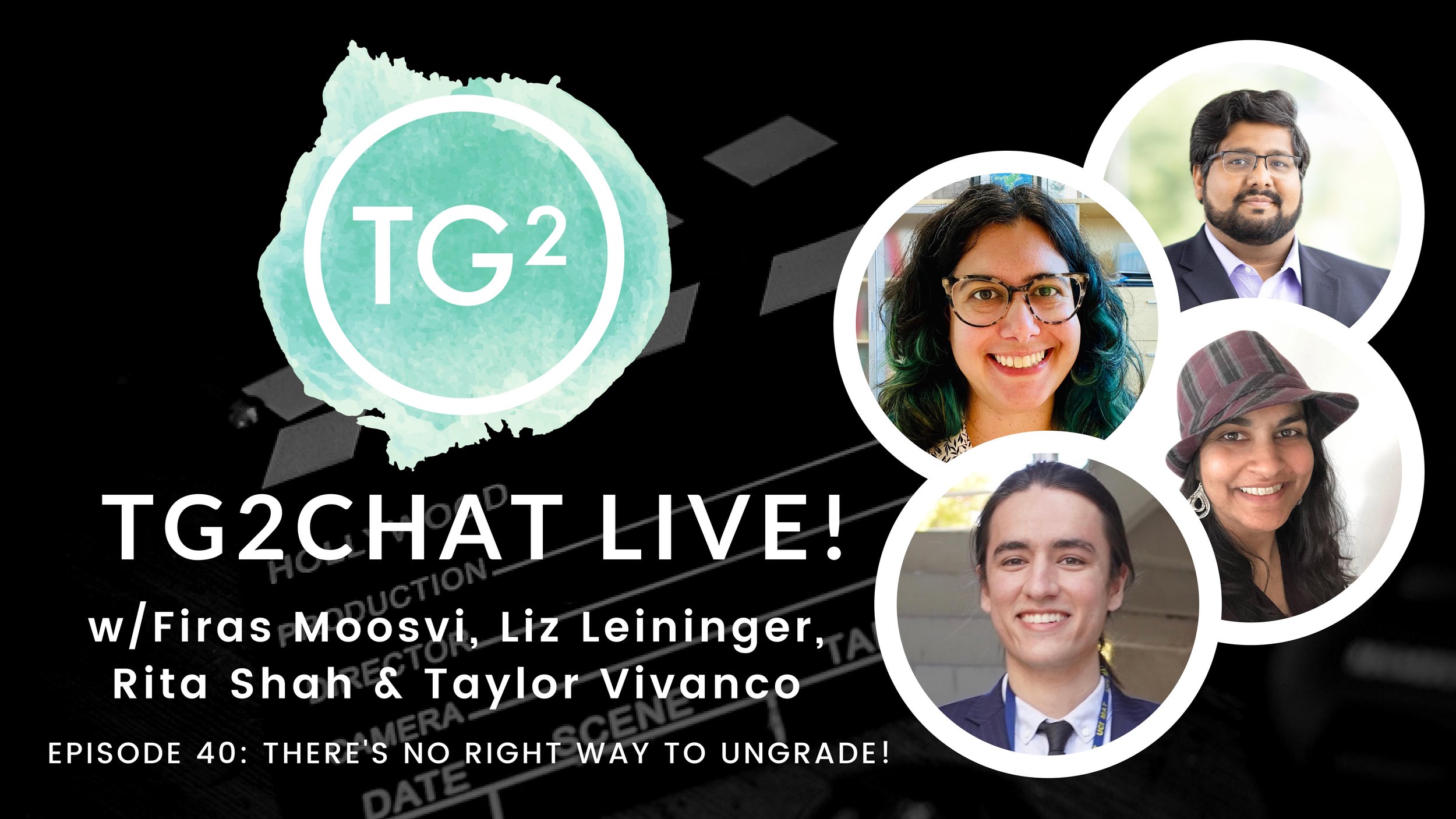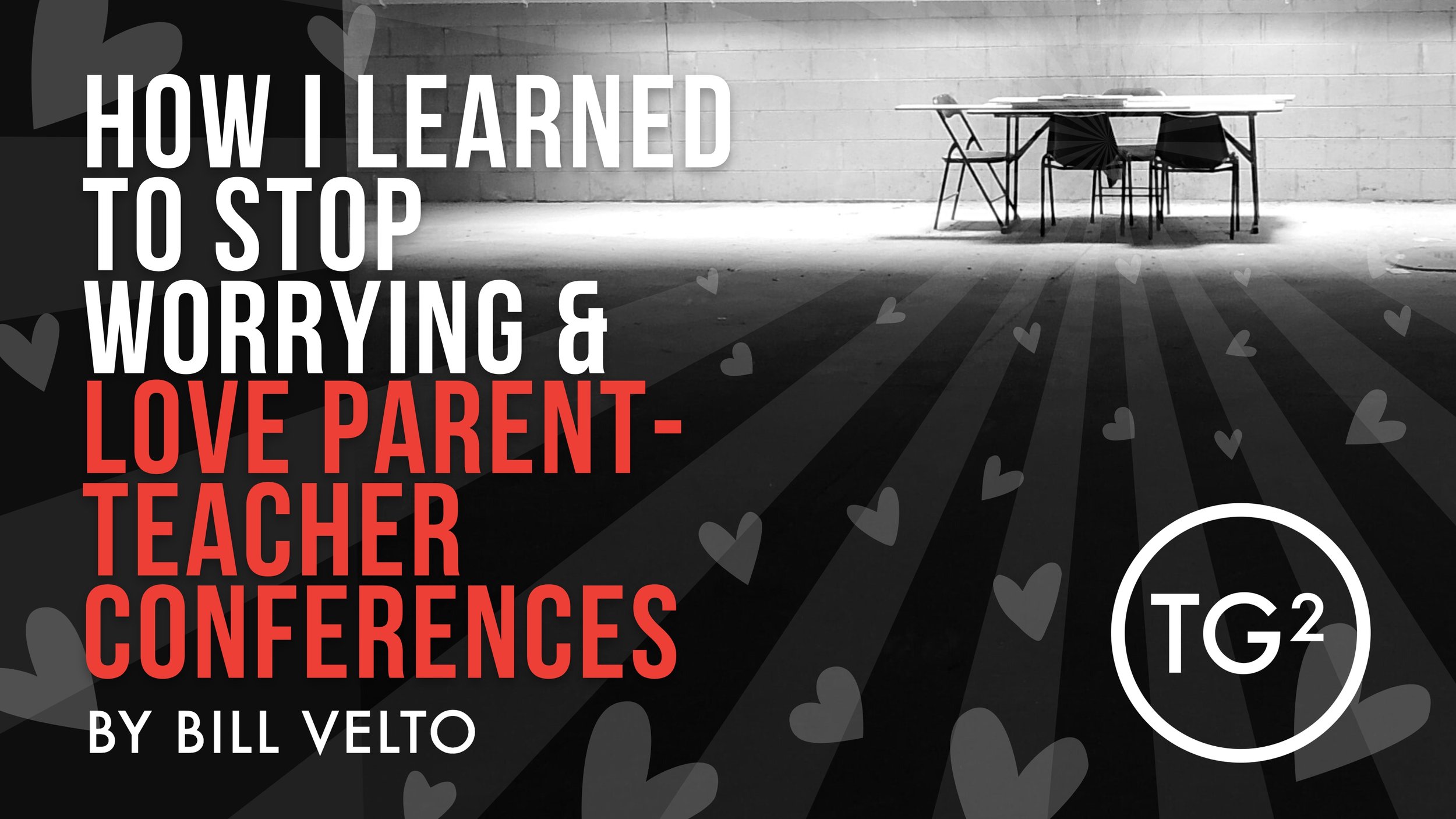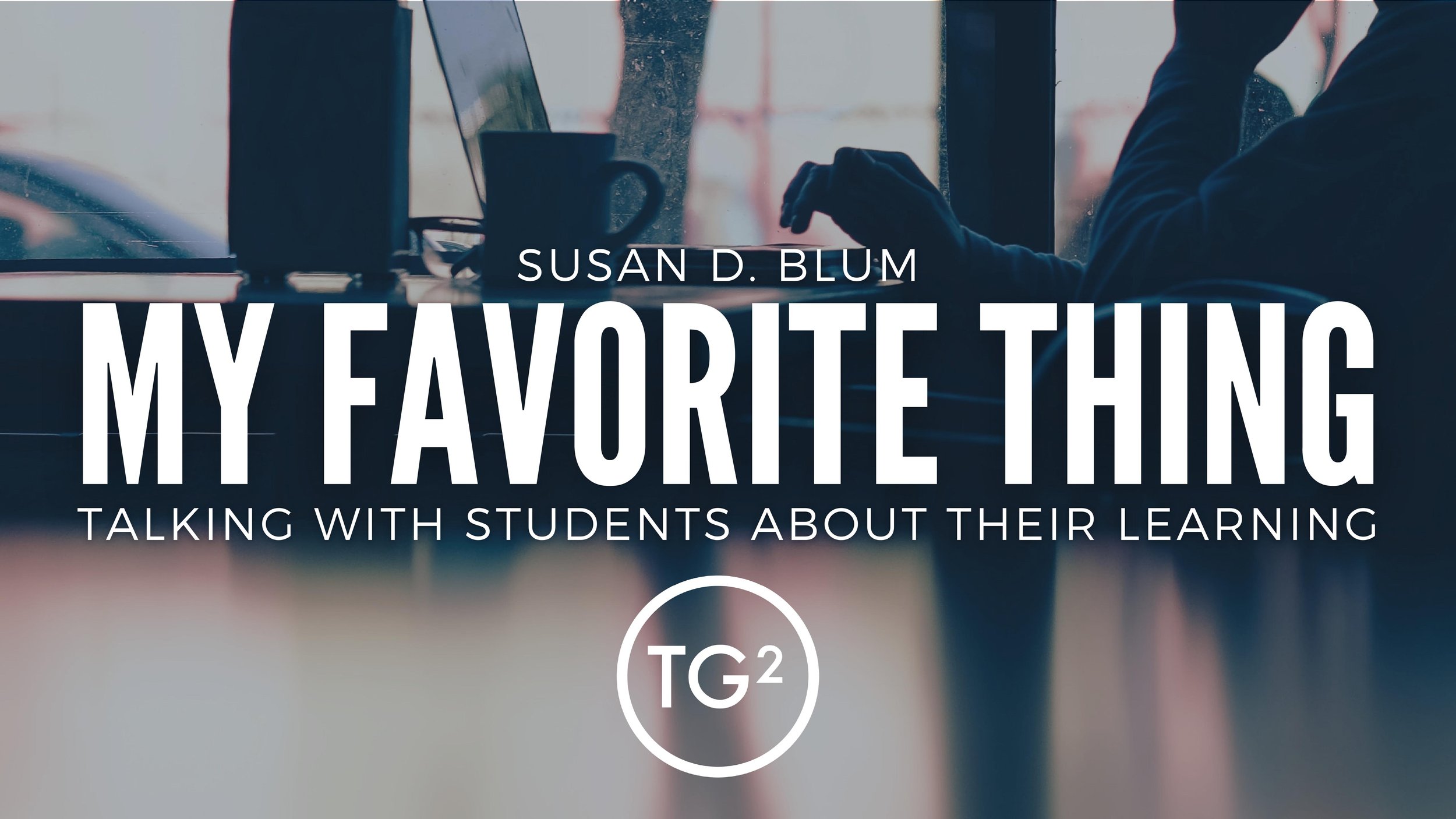10 Tips for Offering Excellent Feedback
Feedback is teaching—an opportunity to foster student growth. Whether we are looking to prevent mistakes from becoming ingrained or to build on skills students already have, feedback provides the learner an opportunity to grow in their awareness of learning standards.
Who’s Afraid of ChatGPT?
Who’s afraid of ChatGPT? Martin Compton argues that the machines should herald a dawn of teaching where we can realize a more humanized, compassionate, inclusive, process-focused approach to teaching, learning, assessment and feedback.
Capturing Learning as It Happens w/Mike Rutherford
Student learning lives in the back and forth interactions between students and teachers. Mike Rutherford designed gotLearning to better capture these stories in his own classroom, providing one place communicate and document student learning.
Can Standards-based Grading Grade Less?
Most would consider standards-based grading part of the gradeless continuum. But it has been easier to help people grade less in a traditionally graded system than in a standards-based one. Finding ways to address the ways in which SBG can become unmanageable is well worth our collective efforts.
There’s No One Right Way to Ungrade!
Lisa Wennerth, welcomes four trailblazing educators, whose article “Why There Isn’t One ‘Right Way’ to Practice Ungrading” posits ungrading as a fundamentally open, welcoming, and responsive practice for all—not just the elite few.
How I Learned to Stop Worrying and Love Parent-Teacher Conferences
Bill Velto recounts how, in shifting toward a gradeless environment, students grew in their ability to articulate their learning, and how that learning related to their grade. Conferences came to resemble discussions around the dining table, rather than the combative confrontations that had occurred in the past.
Getting Students Ready For Portfolio Conferences
Learning shouldn't leave the learner out. Empowering students to share their learning through portfolio conferences shifts the dynamic of who's responsible for the learning and highlights what students know and can do rather than on grades and scores.
How Portfolios and Conferences Transformed My AP Science Classroom
Putting agency over one’s grades into the hands of learners allows them to exercise metacognitive skills. When students learn to self-assess accurately, it enables them to transfer skills and understanding well beyond the classroom.
Capturing Learning as it Happens
Creating and maintaining portfolio evidence as the learning happens results in richer, more nuanced representations of learning over time. When students and teachers capture learning as it happens, it is no longer an add-on reporting method after a performance task is completed.
My Favorite Thing: Talking to Students About Their Learning
Susan D. Blum, editor of the book Ungrading: Why Rating Students Undermines Learning (and What to Do Instead), shares how she uses conferences to consult learners in their full humanity (as much as they choose to share it), to learn about their learning and what it means in their lives.
Hover-free Teaching w/Miriam Plotinsky
Miriam Plotinsky, author of Teach More, Hover Less, breaks down hover-free teaching, showing how teachers can free themselves from helicopter habits and allow students greater control of their own learning, while still maximizing learning.
Why I Won’t Just Give You The Answer
I want you to be able to rely on the skills we practice. But more than that, I want you to be able to make purposeful, savvy decisions about why you are writing in the way that you’re writing. This skill, more than any other, is what will serve you well in the future.












